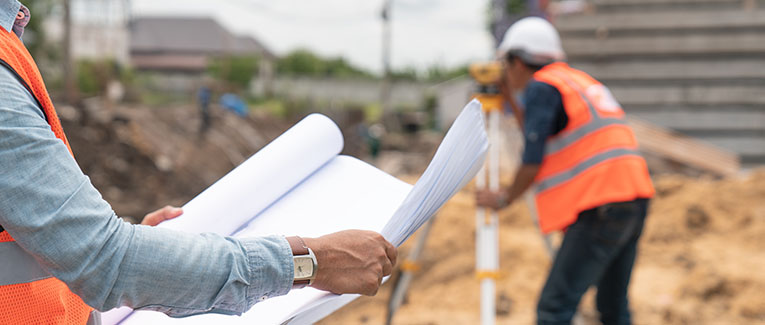
The Indian property market is an industry that went largely unregulated for decades.
The market took off around the year 2000 with the widespread introduction of home loans. This allowed young buyers (younger than 40) to toss their hats into the ring, and the resulting growth brought chaos.
The usual grievances—flats (as apartments are called in India) not delivered on time, absconding developers, poor-quality construction, and even buildings that came crashing down soon after being built—began to flood the media.
The consumers had no action but to file suits in consumer courts. That process took a long while to make its way through the tribunal.
The Real Estate Regulation and Development Act (RERA), 2016, was legislated to address buyers’ complaints in an expeditious manner.
Salient Features of RERA
- RERA is an act passed by the Indian Parliament, but it has to be enforced at the state level. Unlike SEBI or TRAI, it is not implemented at a federal level.
- It is mandatory for all development projects greater than 500 square meters (around 5,400 square feet) or consisting of at least eight apartments (standard configuration in India is a structure with a ground floor plus four residential floors with two flats on each floor) to be registered with the state regulatory body.
- It is no longer possible for developers to ask for more than 10% before signing the sale agreement. This prevents loss to buyers in case there is a delay in construction after booking an apartment.
- 70% of the amount received from buyers has to be deposited into an escrow account. The builder can withdraw from this account for the cost of the project, but not for personal use.
- Flats are now sold based on carpet area and not super built area. The super built area was a notional value used by realtors to fool buyers into paying more. A 1,000-square-foot flat (about 93 square meters, based on super built area) amounted to no more than 700 square feet (about 65 square meters) of carpet area.
- The builder is responsible for major and minor repairs for a period of five years. This includes not only matters related to structural safety, but all fixtures (plumbing and electrical) provided during delivery.
- The developer cannot make changes to the plan without the consent of buyers.
- If the project is not completed on time, the developer would have to pay interest or a penalty to the buyer.
- In phased development projects (usually several tower blocks inside the same gated community), each would require separate RERA approval.
- The developer can face up to three years in jail for refusing to follow the verdict of the RERA appellate tribunal.
- Real estate agents who act as middlemen would also have to be registered.
- The state tribunals would have to settle cases speedily, ideally within two months.
Effect of RERA
Developers do not gain much from the Act. Most properties they sold were overvalued, and since the concept of the super built area has ceased, they suffer lower profit margins.
Buyers, on the other hand, have cause to rejoice, since their interests are completely protected. More than 30 states have established state-level RERA rules.
Some states, such as Maharashtra, have amended RERA to include their own provisions that redress grievances observed in that region.
West Bengal has enacted its own Act in place of RERA, the West Bengal Housing and Industry Regulation Act 2017.
Overall, RERA was considered a success within less than five years of its inception.
Consumers in India face immense harassment—for example, there is no replacement warranty in India for any consumer product like laptops or smart devices. However, MNCs offer that across Europe and the U.S.
At least in the case of property, the common man can now breathe a sigh of relief.

